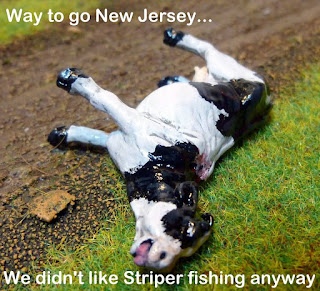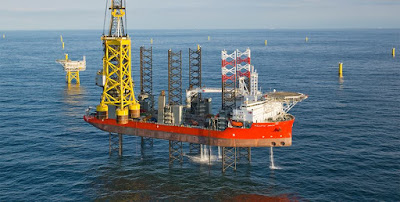Setting your own personal slot limit- Don’t Kill the cows!

This blog was written back on February 22, 2013. at the time, the ASMFC had declared that the stocks were healthy and robust and that the 2011 year class was the best spawn year on record and things are wonderful. We have now arrived in 2019. Note that as of February 2019 the Striped Bass stocks have been declared OVERFISHED and OVERFISHING is occurring. This means that adult bass are being removed faster than the stock can replenish itself. When I started serious striper fishing back in the early 80’s it took me three years to catch my first bass. No, wise guy, it wasn’t because I was a bad fisherman, it was because there were NONE to catch. As hard as it is to imagine now, we (humans) had overfished and d epleted the stock down to almost nothing. One of my fondest fishing memories took place one early morning on the Navesink River. I saw the first silver flash behind my blue/chrome bomber plug. After thousands of casts, this little sign of ...
